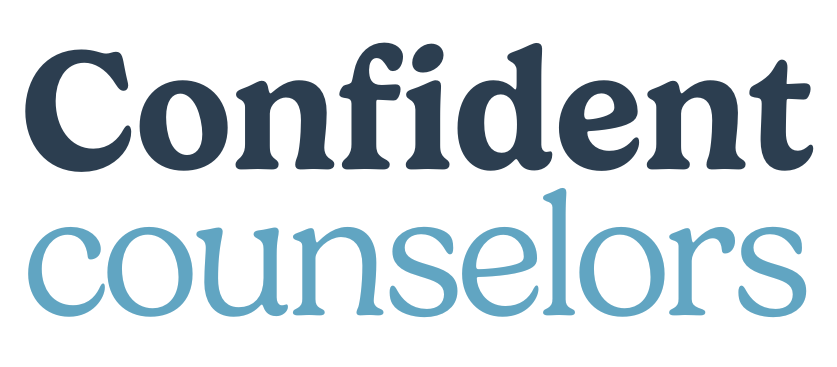You have a lot on your plate as a school counselor and more on your to-do list than time. Even if you could work into the night, your students are only there a limited amount of time. So how do you make the most of the short time you have with students each day? By combining a comprehensive counseling program model with intentional program goals and the MTSS framework, you can create a plan that meets the needs of all students. We’ll call it a 3 tier comprehensive school counseling program.
MTSS
The Multi-Tiered System of Support is a framework that supports school improvement. Through research-based practices, we support academics and behavior. This systems approach looks at the school as a whole rather than at the individual student. Data-driven problem solving helps to maximize growth for all.
This sounds a lot like comprehensive school counseling, right?
Let’s break it down. Unlike other initiatives, MTSS looks at the system of the school rather than at each individual child. We want to make sure that we have solid core instruction before we decide that a student is not succeeding or that they need intervention.
Core Instruction
In School Counseling, we use the ASCA mindsets and behaviors to determine the observable behaviors that we want to see in our students so that they can be successful in K-12 and beyond. Core instruction, sometimes called tier 1, is for all students and might be differentiated as needed. In elementary, core instruction in the school counseling program is typically classroom lessons. In high school, core might include senior interviews with all students. The setting can change but the idea is that core is for all.
Supplemental Support
Some students need more. For instance, if you teach self-regulation lessons with first graders and a small group of students hasn’t quite mastered the skills, you might consider supplemental support for them. This level of intervention, sometimes called tier 2, is intended to be in addition to core instruction. In some cases, this might be core instruction provided by other adults in the student’s life or other members of your staff. If a student hasn’t mastered skills that others in their age level have mastered, it might be appropriate to consider supplemental support.
Intensive Support
A small percentage of students need intensive support. In school counseling, this most often looks like wraparound services that support students beyond the school building. It may be students in crisis, students with mental health concerns, or students with intense behavior needs. In this case, we are often working with the student individually or in groups. We also collaborate with teachers, consult with parents, and possibly refer to outside resources. We can target specific students in need using data within our Closing the Gap plans. Other students might be unique with individualized needs.
I like to lay out my plans using the ASCA National Model and then considering each of the tiers when I am planning how to support individual students or groups of students. For instance, if I get 10 referrals for conflict resolution from one grade level, I might consider core instruction to support the skills of the whole grade level.
Does your school use the MTSS framework? Share how you incorporate school counseling in the work of the school in the comments, I’d love to hear.



